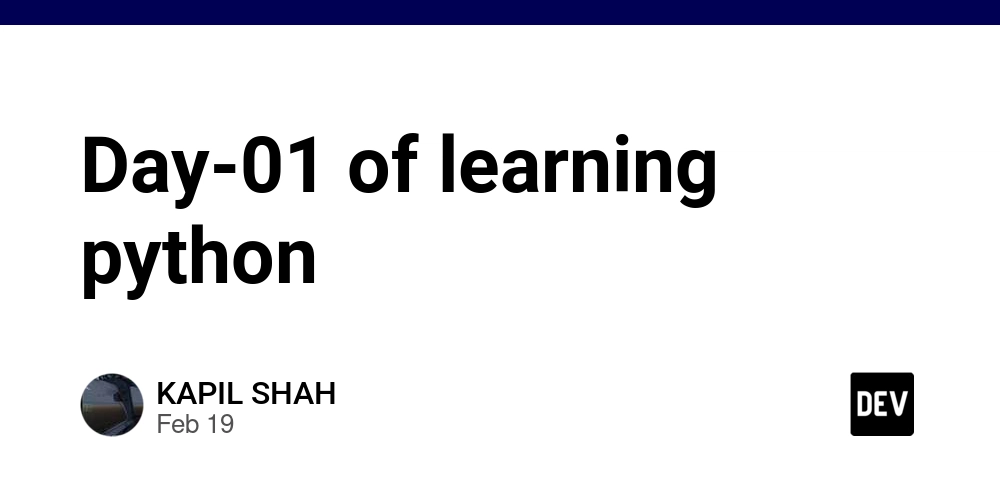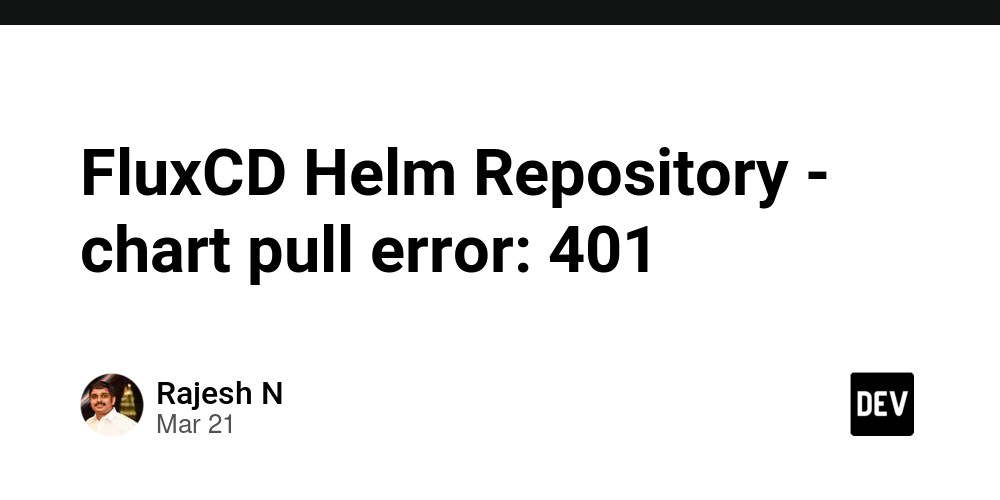AI-Driven Testing: The Future of Software Quality Assurance
Introduction Artificial Intelligence (AI) is transforming software testing by improving accuracy, speed, and efficiency. AI-driven testing automates complex processes, making software development more reliable and scalable. As applications become more sophisticated, the need for intelligent automation in testing has never been greater. What is AI Driven Testing? AI-driven testing refers to the use of machine learning algorithms and AI-powered tools to automate and optimize software testing processes. By leveraging AI, testing frameworks can create, execute, and maintain tests more efficiently than traditional methods. This approach minimizes human intervention while improving test accuracy and coverage. How AI is Revolutionizing Software Testing AI-powered testing brings numerous advantages that traditional manual and automated testing methods cannot offer. Some of the key ways AI is reshaping testing include: Self-healing test scripts that adapt to UI changes automatically. Predictive analytics that detect potential defects before they appear. Autonomous bug detection that minimizes human oversight. By implementing AI in testing workflows, development teams can reduce testing time while maintaining high levels of accuracy. Key Benefits of AI-Driven Testing Faster Test Execution: AI speeds up testing cycles by automating repetitive tasks, allowing for quicker feedback loops in agile development. Improved Accuracy: AI reduces human errors by ensuring more precise test results and eliminating manual intervention in test case execution. Better Test Coverage: AI can generate extensive test cases covering more scenarios than traditional methods, leading to more comprehensive validation. AI-Driven Testing Techniques Test Case Generation: AI analyzes code, logs, and user behavior to generate test cases automatically, reducing the need for manual test scripting. Visual Testing: AI-powered tools detect UI inconsistencies by comparing screenshots and UI elements across multiple versions of an application. Defect Prediction: AI can predict defects before they occur by analyzing historical testing data and identifying common failure patterns. Popular AI-Driven Testing Tools Several AI-powered tools are making a significant impact in the software testing industry: Keploy: An AI-driven API testing tool that records and replays real user traffic, generating automated test cases with minimal manual effort. Testim: Uses AI to create stable and self-healing tests that adapt to UI changes. Applitools: Specializes in AI-powered visual testing, ensuring UI consistency across different environments. Mabl: Automates end-to-end testing with machine learning insights, providing intelligent test execution and reporting. Challenges of AI-Driven Testing Despite its many advantages, AI-driven testing also comes with challenges: High-Quality Data Requirement: AI models require large amounts of accurate data to generate meaningful test cases. Initial Setup Complexity: Implementing AI-driven testing can require significant initial investment in infrastructure and training. Dependence on AI Models: Automated decision-making in AI-driven testing is only as reliable as the underlying AI models, requiring continuous monitoring and updates. The Future of AI-Driven Testing As AI technology advances, software testing will continue to become more intelligent and efficient. Future trends in AI-driven testing include: Autonomous Testing: Fully automated testing without human intervention. AI-Powered Security Testing: Identifying vulnerabilities and security flaws in real-time. Continuous Learning: AI models improving over time based on new data and testing feedback. Conclusion AI-driven testing is reshaping software quality assurance, making it faster, smarter, and more efficient. As AI technologies evolve, software testing will become increasingly automated and intelligent, ensuring higher reliability and performance. Organizations that embrace AI-driven testing will benefit from faster development cycles, improved software quality, and reduced testing costs. By leveraging AI-powered tools like Keploy, Testim, and Applitools, teams can achieve better test automation and enhance their software development workflows. The future of software testing is AI-driven, and the time to adopt it is now!
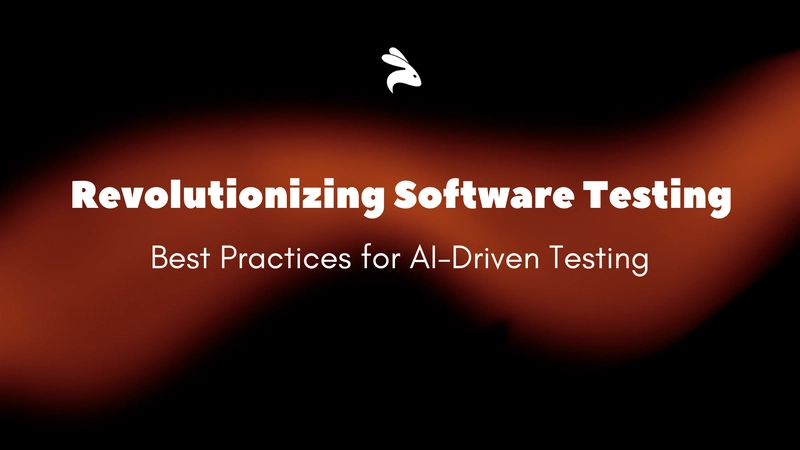
Introduction
Artificial Intelligence (AI) is transforming software testing by improving accuracy, speed, and efficiency. AI-driven testing automates complex processes, making software development more reliable and scalable. As applications become more sophisticated, the need for intelligent automation in testing has never been greater.
What is AI Driven Testing?
AI-driven testing refers to the use of machine learning algorithms and AI-powered tools to automate and optimize software testing processes. By leveraging AI, testing frameworks can create, execute, and maintain tests more efficiently than traditional methods. This approach minimizes human intervention while improving test accuracy and coverage.
How AI is Revolutionizing Software Testing
AI-powered testing brings numerous advantages that traditional manual and automated testing methods cannot offer. Some of the key ways AI is reshaping testing include:
- Self-healing test scripts that adapt to UI changes automatically.
- Predictive analytics that detect potential defects before they appear.
- Autonomous bug detection that minimizes human oversight.
By implementing AI in testing workflows, development teams can reduce testing time while maintaining high levels of accuracy.
Key Benefits of AI-Driven Testing
- Faster Test Execution: AI speeds up testing cycles by automating repetitive tasks, allowing for quicker feedback loops in agile development.
- Improved Accuracy: AI reduces human errors by ensuring more precise test results and eliminating manual intervention in test case execution.
- Better Test Coverage: AI can generate extensive test cases covering more scenarios than traditional methods, leading to more comprehensive validation.
AI-Driven Testing Techniques
- Test Case Generation: AI analyzes code, logs, and user behavior to generate test cases automatically, reducing the need for manual test scripting.
- Visual Testing: AI-powered tools detect UI inconsistencies by comparing screenshots and UI elements across multiple versions of an application.
- Defect Prediction: AI can predict defects before they occur by analyzing historical testing data and identifying common failure patterns.
Popular AI-Driven Testing Tools
Several AI-powered tools are making a significant impact in the software testing industry:
- Keploy: An AI-driven API testing tool that records and replays real user traffic, generating automated test cases with minimal manual effort.
- Testim: Uses AI to create stable and self-healing tests that adapt to UI changes.
- Applitools: Specializes in AI-powered visual testing, ensuring UI consistency across different environments.
- Mabl: Automates end-to-end testing with machine learning insights, providing intelligent test execution and reporting.
Challenges of AI-Driven Testing
Despite its many advantages, AI-driven testing also comes with challenges:
- High-Quality Data Requirement: AI models require large amounts of accurate data to generate meaningful test cases.
- Initial Setup Complexity: Implementing AI-driven testing can require significant initial investment in infrastructure and training.
- Dependence on AI Models: Automated decision-making in AI-driven testing is only as reliable as the underlying AI models, requiring continuous monitoring and updates.
The Future of AI-Driven Testing
As AI technology advances, software testing will continue to become more intelligent and efficient. Future trends in AI-driven testing include:
- Autonomous Testing: Fully automated testing without human intervention.
- AI-Powered Security Testing: Identifying vulnerabilities and security flaws in real-time.
- Continuous Learning: AI models improving over time based on new data and testing feedback.
Conclusion
AI-driven testing is reshaping software quality assurance, making it faster, smarter, and more efficient. As AI technologies evolve, software testing will become increasingly automated and intelligent, ensuring higher reliability and performance. Organizations that embrace AI-driven testing will benefit from faster development cycles, improved software quality, and reduced testing costs.
By leveraging AI-powered tools like Keploy, Testim, and Applitools, teams can achieve better test automation and enhance their software development workflows. The future of software testing is AI-driven, and the time to adopt it is now!









































































































































































![[The AI Show Episode 142]: ChatGPT’s New Image Generator, Studio Ghibli Craze and Backlash, Gemini 2.5, OpenAI Academy, 4o Updates, Vibe Marketing & xAI Acquires X](https://www.marketingaiinstitute.com/hubfs/ep%20142%20cover.png)














































































































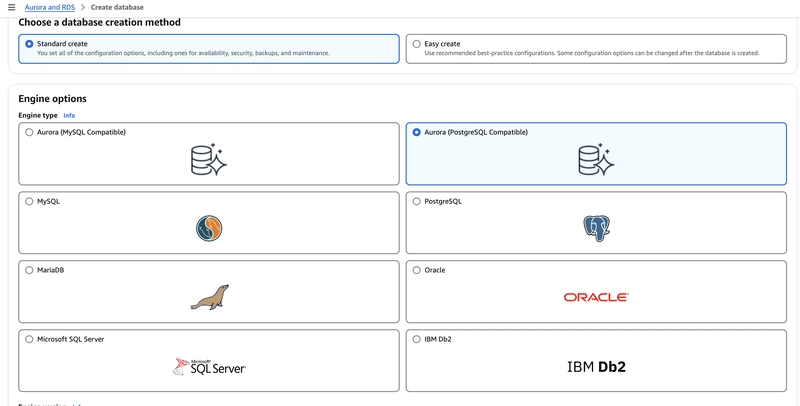

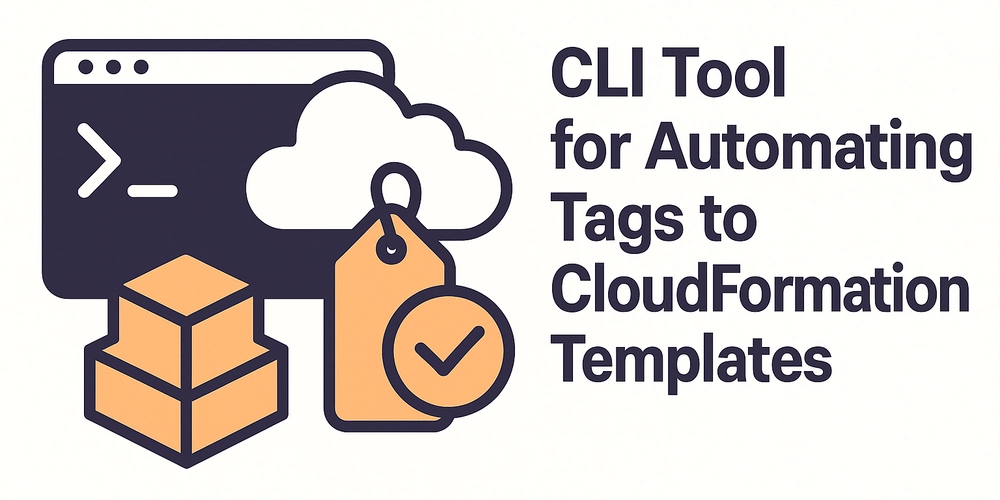










![[FREE EBOOKS] The Kubernetes Bible, The Ultimate Linux Shell Scripting Guide & Four More Best Selling Titles](https://www.javacodegeeks.com/wp-content/uploads/2012/12/jcg-logo.jpg)



![From drop-out to software architect with Jason Lengstorf [Podcast #167]](https://cdn.hashnode.com/res/hashnode/image/upload/v1743796461357/f3d19cd7-e6f5-4d7c-8bfc-eb974bc8da68.png?#)






































































































.png?#)




.jpg?#)
































_Christophe_Coat_Alamy.jpg?#)








































































































![Rapidus in Talks With Apple as It Accelerates Toward 2nm Chip Production [Report]](https://www.iclarified.com/images/news/96937/96937/96937-640.jpg)






































































































































